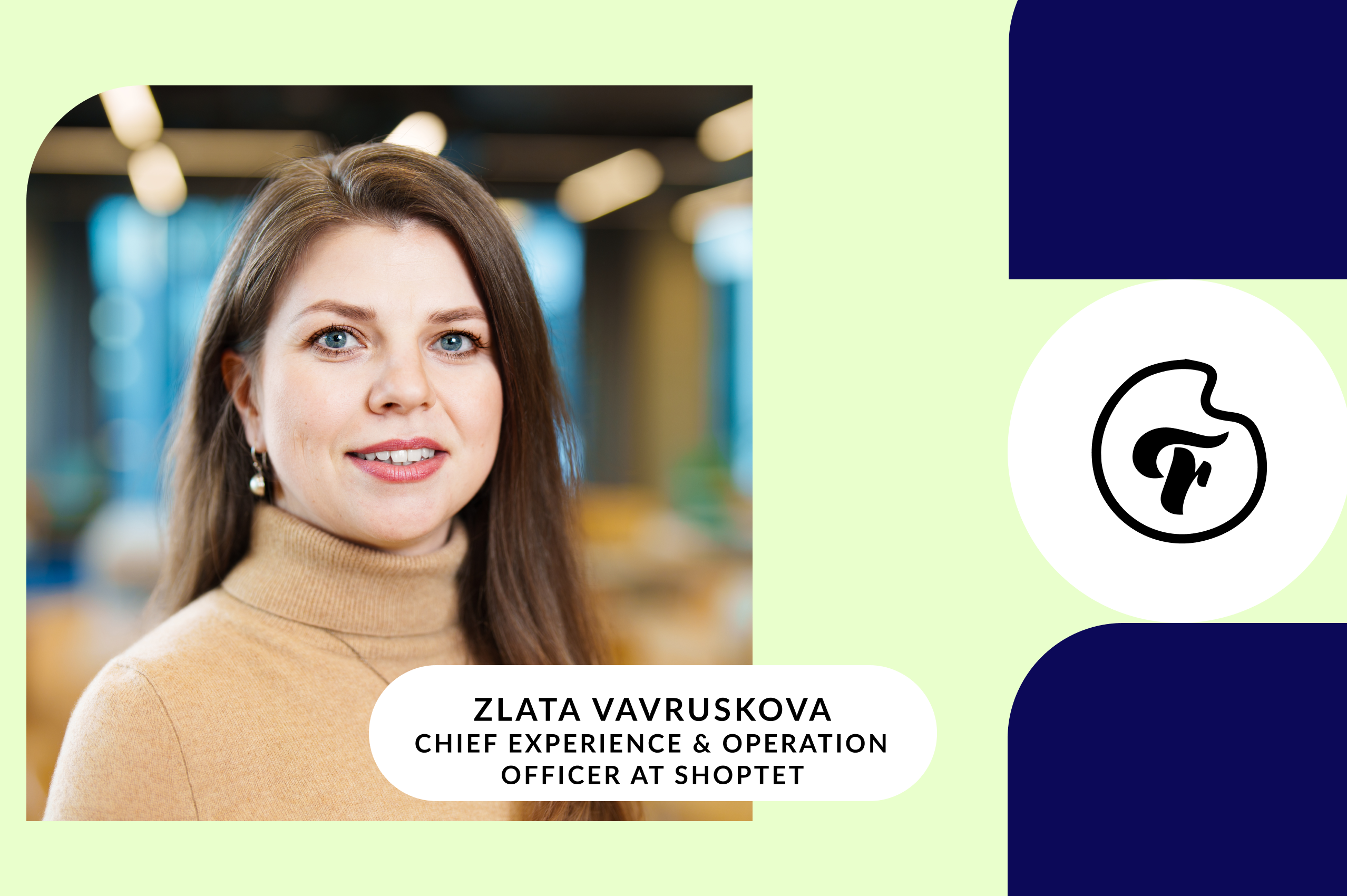.png)
At 16, I stood at a podium in front of my entire high school, hands shaking, voice cracking—my first experience with public speaking. I walked away convinced I had failed. At the time, I thought confidence was something you either had or didn’t—an innate trait I simply lacked.
But I wasn’t willing to accept that. So, I practiced. I studied great speakers. I put myself in uncomfortable situations until, two years later, I delivered my valedictorian speech—not fearless, but prepared. And for the first time, I felt in control. I had built my confidence.
After a decade of coaching professionals—from Olympic medalists to international executives—I’ve seen this truth play out again and again. Confidence isn’t about eliminating nerves. It’s about alignment. When what you think, how you act, what you know, and how you feel work together, confidence feels natural. When they’re out of sync, confidence feels shaky.
Strengthening these four dimensions turns confidence from something you chase into something you embody. Let’s break them down.
Confidence starts in the mind. Before we ever step onto a stage, speak up in a meeting, or take on a new challenge, our thoughts have already shaped how we’ll show up. If you’re telling yourself, “I’m not good at this” or “I don’t belong here”, no amount of preparation will make you feel fully confident.
One of the biggest mindset shifts I’ve learned—both in my own journey and in coaching professionals—is that confidence isn’t about having zero fear or nerves. It’s about changing the way we understand those feelings. Nerves don’t mean you’re unprepared; they mean you care. A racing heart doesn’t mean you’re failing; it means your body is giving you energy.
Reframing these thoughts is powerful. Instead of thinking, “I have to give this presentation”, shift to, “I get to share my ideas”. Instead of seeing public speaking as a performance, think of it as a conversation—one where you already know how to engage. And instead of assuming nervousness is a bad sign, consider what would happen if you labeled it as excitement instead.
I used to believe confidence was about waiting until I felt ready. Now, I know it’s about thinking differently—about my abilities, my fears, and even the opportunity in front of me. You control the script. Make it one that builds you up.
Most people assume that confident people feel sure of themselves, and then they act. But in reality, it often works the other way around—confidence grows through action.
One thing I’ve seen consistently in my work with high-performing professionals is that even the most accomplished speakers don’t rely on talent alone. Olympic athletes don’t step onto the competition stage hoping they’re ready. They’ve trained, they’ve rehearsed, and they know they’ve done the work. Confidence in any other realm is no different.
This is why preparation is everything. Whether it’s practicing your presentation, refining your key points, or even just standing in a strong, grounded posture before you walk into a room—small actions reinforce the belief that you are ready. I often have clients use power poses before high-stakes situations because body language doesn’t just influence how others see us—it influences how we see ourselves.
Another simple but powerful tool? Breathwork. Diaphragmatic breathing—deep, controlled breaths from the belly—sends a signal to your nervous system that you are in control. When your body is calm, your mind follows.
The key takeaway here? You don’t wait for confidence before you take action. You take action, and confidence follows.
There’s a difference between feeling confident and being confident. And a big part of that is knowing, deep down, that you bring something valuable to the table.
Impostor syndrome is one of the biggest challenges I encounter, even among the most accomplished individuals. That voice in the back of your head saying, “Who am I to be here?” or “What if they think I don’t know enough?” can be relentless. But it’s not about knowing everything—it’s about trusting in what you do know.
One of my favourite strategies to combat self-doubt is creating a Confidence File. I encourage my clients to keep a folder—physical or digital—where they save positive feedback, successful projects, and reminders of their wins. When doubt creeps in, they have concrete proof of their abilities to look back on.
I also remind myself of a simple truth before any big talk or presentation: “Someone in this audience needs to hear what I have to say, and I don’t know who they are.” That affirmation keeps me grounded and authentically engaged.
What can you tell yourself before your next big moment?
Even when your thoughts are strong, your actions are intentional, and you trust in your abilities, confidence can still waver if you’re caught up in nerves. That’s why learning to manage emotions and stay present is a critical part of confidence.
Anxiety can only live in the past (What if I mess up like last time?) or the future (What if they judge me?), but confidence lives in the present. The more grounded you are, the easier it is to access that confidence when you need it most.
When you feel overwhelmed, pause and take a deep breath. Do what you can to ground yourself, whether it’s meditation, visualisation, or other techniques. These exercises pull you out of overthinking and into the present—where confidence can exist.
When your thoughts, actions, knowledge, and emotions are aligned, confidence stops feeling like something you have to force. Instead, it becomes a natural state—one that allows you to show up fully, even when the stakes are high.
Looking back at my 16-year-old self, shaking behind that podium, I realise now that confidence isn’t about being perfect or fearless. It’s about choosing to engage with intention—thinking clearly, acting boldly, trusting yourself, and embracing vulnerability. It’s not about eliminating nerves—it’s about showing up anyway.
That’s how confidence is built. Not as a single breakthrough, but as the result of aligning these four dimensions of the human experience, so they work together instead of against you.
So, where do you need to realign? Maybe you need to shift your mindset, take more intentional action, trust in your expertise, or learn to manage nerves in the moment. Pick one dimension and start strengthening it today.
Because confidence isn’t something you wait for—it’s something you create.


